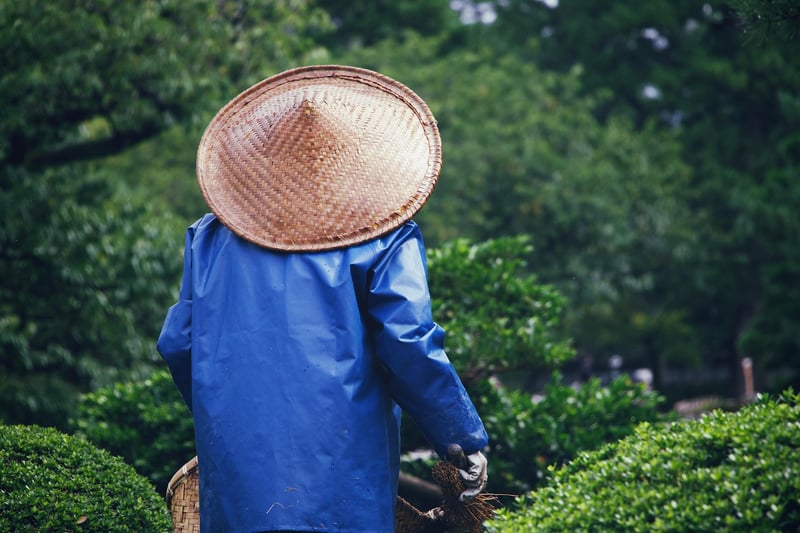Pest Control
Essential Care for Vertical Garden Plants + Pest Control
Introduction
Vertical gardens are a unique and space-saving way to bring greenery into your home or outdoor space. However, caring for vertical garden plants requires some specific attention to ensure they thrive. In this guide, we'll cover essential care tips for vertical garden plants and how to effectively control pests that may affect them.
Caring for Vertical Garden Plants
1. Choose the Right Plants
Not all plants are suitable for vertical gardens. Select plants that thrive in your specific climate, light conditions, and available space. Consider using a mix of trailing, climbing, and compact plants for a visually appealing display.
2. Watering
Vertical gardens may require more frequent watering than traditional gardens due to increased exposure to air and light. Monitor the moisture levels regularly and adjust your watering schedule accordingly. Consider installing a drip irrigation system for efficient watering.
3. Fertilization
Provide your vertical garden plants with a balanced fertilizer to support their growth and health. Choose a fertilizer suitable for the types of plants you have and follow the instructions for application carefully.
4. Pruning and Maintenance
Regularly check your vertical garden for overgrown or damaged foliage. Prune plants as needed to encourage new growth and maintain their shape. Remove any dead or diseased leaves to prevent the spread of pests and diseases.
Pest Control for Vertical Garden Plants
1. Inspect Regularly
Keep a close eye on your vertical garden for signs of pests such as discolored leaves, holes, or webbing. Early detection can help prevent infestations from spreading and causing significant damage.
2. Natural Remedies
Consider using natural pest control methods such as introducing beneficial insects like ladybugs or using neem oil spray to deter common pests. Avoid using harsh chemicals that may harm beneficial insects and the environment.
3. Quarantine Infested Plants
If you notice a plant in your vertical garden is heavily infested, remove it and quarantine it away from other plants to prevent the pests from spreading. Inspect and treat the affected plant before reintroducing it to the garden.
4. Regular Cleaning
Keep your vertical garden clean by removing debris, fallen leaves, and dead plant material regularly. Pests often hide in debris, so maintaining a clean garden can help reduce their hiding spots and prevent infestations.
Conclusion
By following these essential care tips for vertical garden plants and implementing effective pest control measures, you can create a flourishing and pest-free vertical garden that enhances your living space. Remember to observe your plants regularly, provide them with proper care, and address pest issues promptly to ensure their health and vitality.


